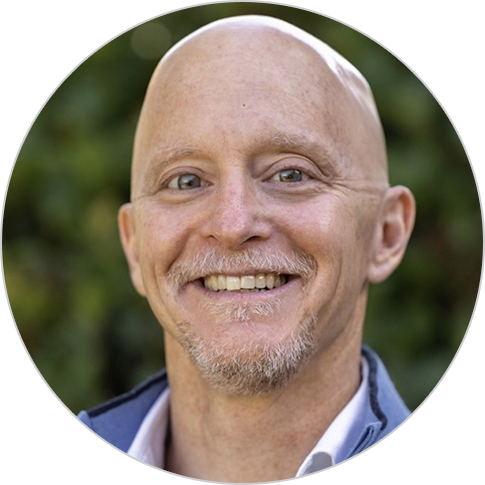
Todd Diamond is a governance specialist with more than 25 years of experience designing and implementing institutional reform and service delivery programs for international donors. Working on behalf of the State Department, the Department of Defense, USAID, and the U.K. government, Todd has built the capacity of both civil society actors and government institutions charged with providing accountable, productive, and responsible services across Latin America, the Middle East, and Africa. He has extensive experience designing and managing projects of all sizes, from community-based pilots to large-scale, nationwide initiatives aimed at supporting communities and governmental bodies in transforming administrative structures and planning processes to improve public sector efficiency.